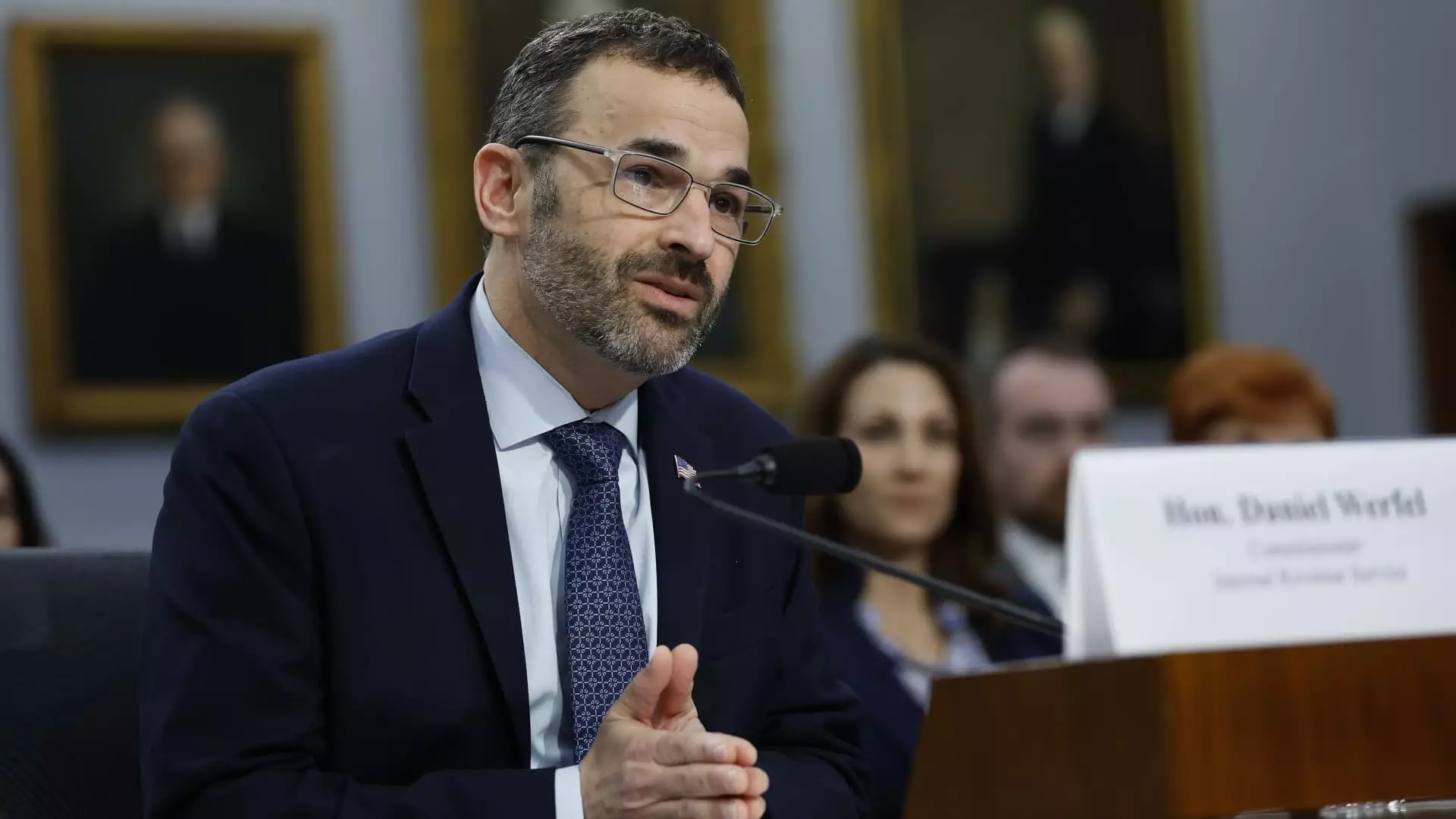The U.S. Department of the Treasury and the IRS have recently announced a new plan aimed at closing a significant tax loophole that has been exploited by large, complex partnerships. This plan is expected to generate more than $50 billion in tax revenue over the next decade. The focus of this initiative is to address the practice of “related party basis shifting,” where businesses use different legal entities to manipulate original purchase prices on assets for tax deduction purposes or to reduce future gains.
After a thorough examination of the basis-shifting issue, the agencies have revealed their intention to issue proposed regulations to tackle this problem head-on. Additionally, a revenue ruling has been released to address related-party partnership transactions that involve basis shifting without any legitimate economic substance or substantial business purpose.
The new plan builds upon the IRS’s ongoing efforts to ramp up audits on high-income individuals, large corporations, and sophisticated partnerships. U.S. Treasury Secretary Janet Yellen emphasized the importance of combatting tax abuse at the upper echelons of the income spectrum and stated that the proposed rules would enhance tax fairness and help reduce the deficit.
The Treasury highlighted that the audit rate for pass-through business filings with assets exceeding $10 million plummeted from 3.8% to a mere 0.1% between 2010 and 2019. This decline in audit frequency has contributed to an estimated annual tax gap of $160 billion, primarily attributed to the top 1% of tax filers. The recent announcement comes shortly after President Joe Biden’s economic advisor revealed key tax policy principles, emphasizing the importance of sustained IRS funding to ensure that wealthy taxpayers pay their fair share.
While efforts to bolster IRS funding have been advocated by the Biden administration, Republicans have been critical of this approach. The funding allocated to the IRS through the Inflation Reduction Act has been a contentious issue, with Republicans expressing concerns over increased government spending and its impact on taxpayers.
The U.S. Department of the Treasury’s plan to close tax loopholes and combat tax avoidance strategies is a significant step towards enhancing tax fairness and increasing revenue generation. By targeting related party basis shifting and increasing audits on high-income individuals and complex partnerships, the government aims to address the growing tax gap and ensure that all taxpayers, especially the ultra-wealthy, pay their fair share. The proposed regulations underscore the commitment of the IRS to crack down on tax evasion and promote a more equitable tax system.

